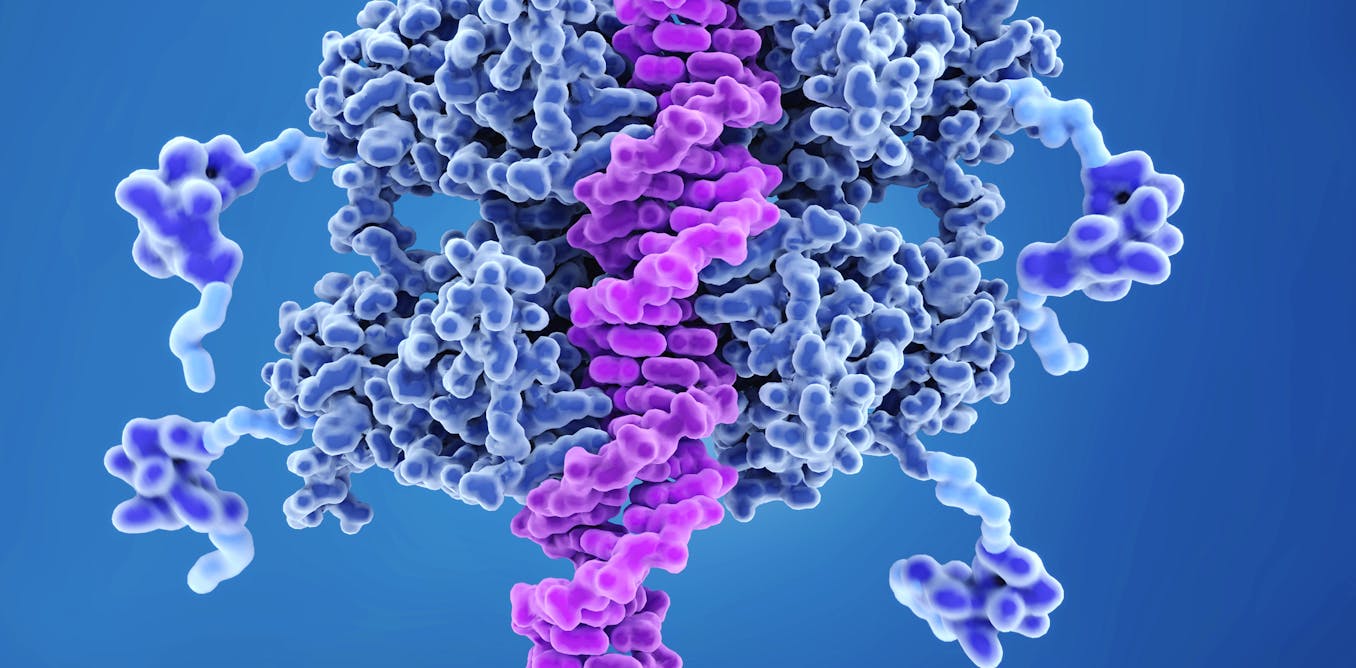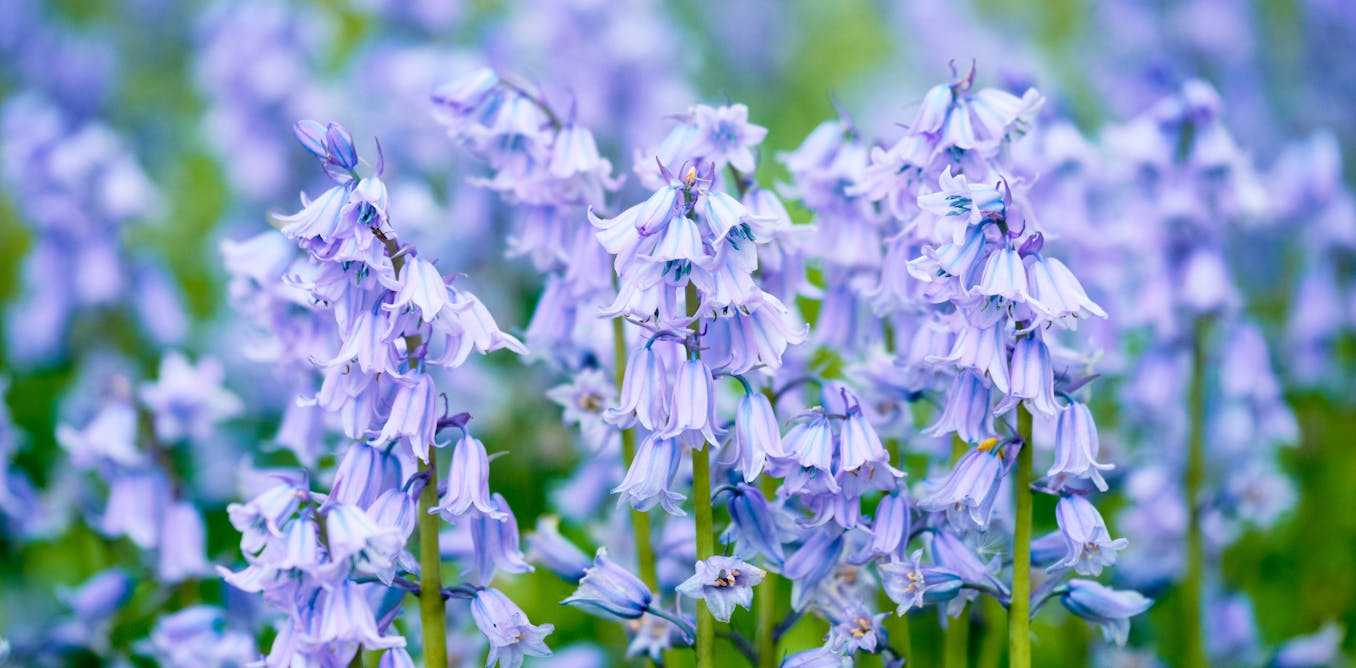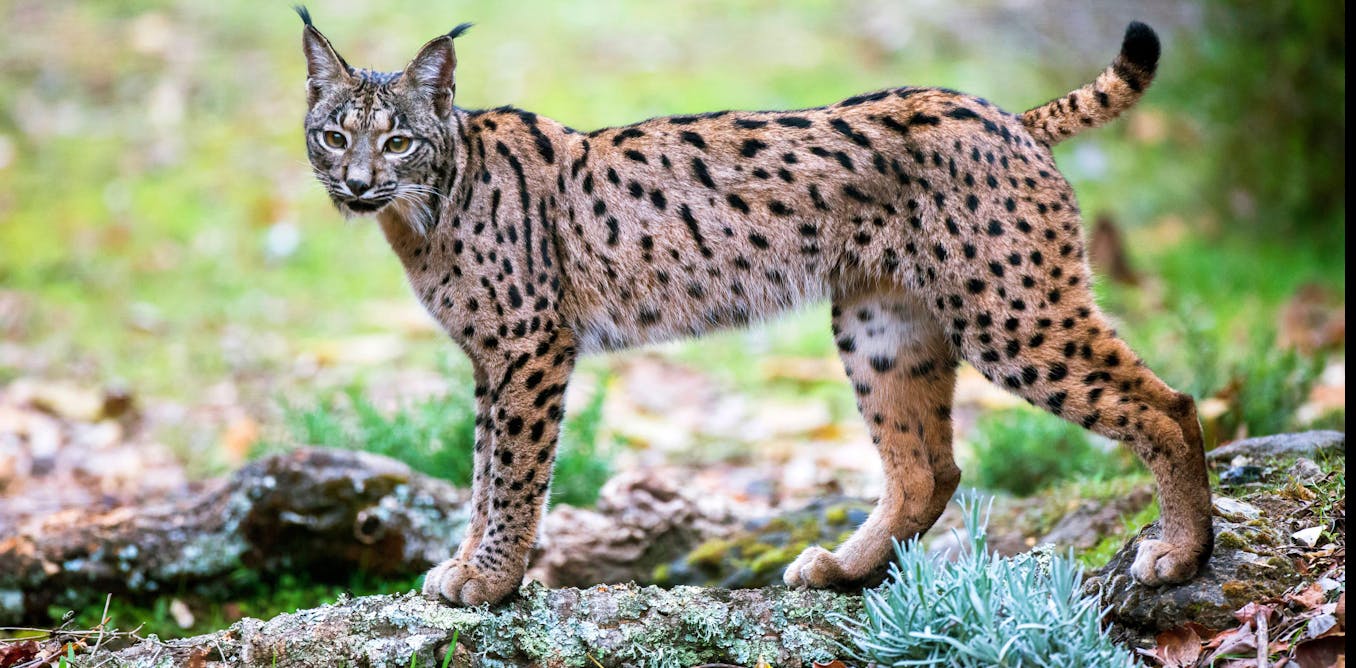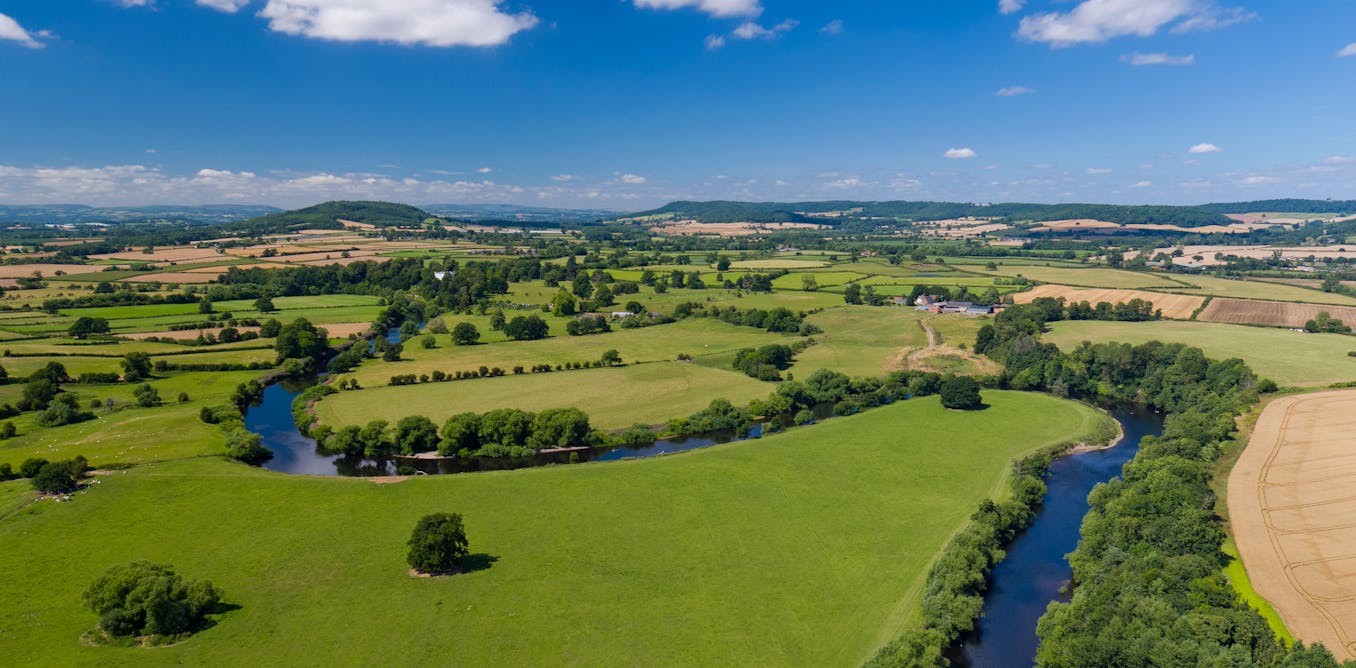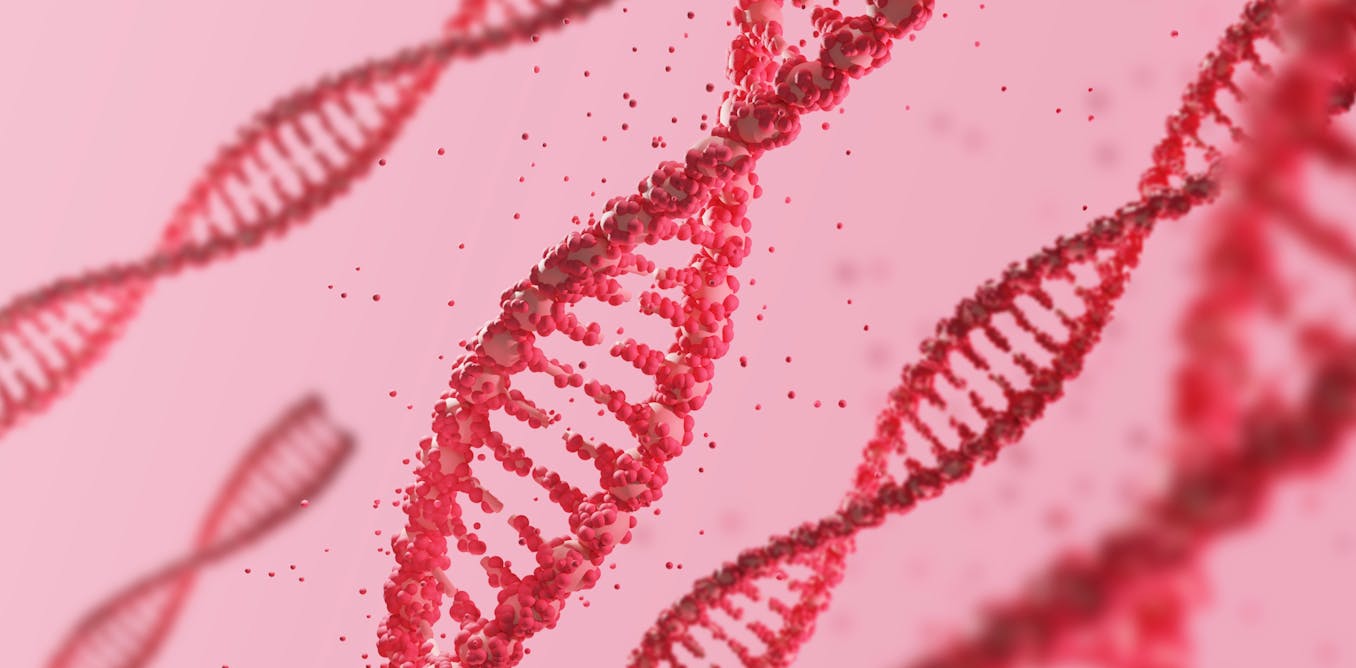RNA has newly identified role: Repairing serious DNA damage to maintain the genome
Researchers discovered a previously unknown function of RNA, potentially opening the door to new ways to treat cancer and neurodegenerative diseases.
June 16, 2025 • ~6 min



